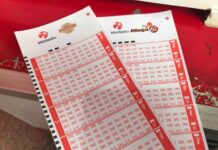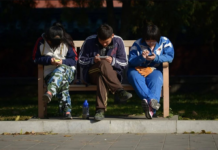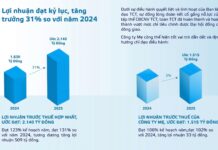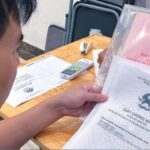The VNeID app recently launched its 2.2.4 update, introducing several new features. Notably, it now allows users to provide Land Use Rights Certificates (Red Book) information to government agencies.
To access all functionalities, users must visit any local police station (regardless of their registered residence) to complete VNeID Level 2 verification.
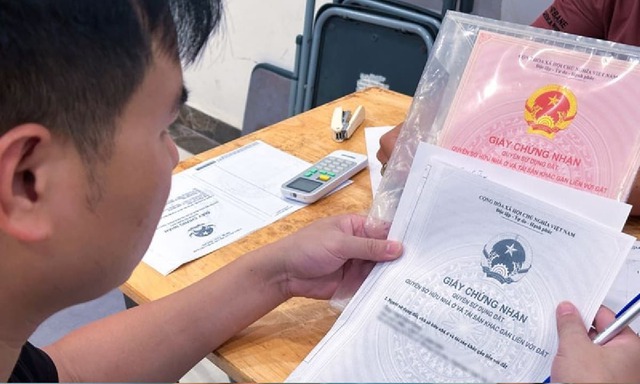
Illustrative image
To integrate the Land Use Rights Certificate (Red Book) into the VNeID app, follow these steps:
Step 1: Navigate to the “Provide Information to Government Agencies” section. This section explains the purpose of sharing information with authorized agencies for verification, cross-checking, and processing.
Step 2: Click “Create New” and select “Land Use Rights Certificate” as the information type.
Step 3: Fill in the required details. Pre-filled information includes the account holder’s full name and personal identification number. For proxy submissions, enter the name of the person listed on the Red Book and the reason for proxy submission.
Mandatory fields include the certificate number and land address as stated on the Red Book. Upload supporting documents (images or files) in PDF, PNG, or JPG format.
Finally, confirm the accuracy of the information and submit the request. The details will be forwarded to the Ministry of Agriculture and Rural Development.
The online submission of the Red Book is part of a 90-day campaign (September 1 to November 30) to review and cleanse the entire land database. This initiative is jointly led by the Ministry of Agriculture and Rural Development, the Ministry of Public Security, and provincial People’s Committees.
Authorities will verify land user and property owner information against the National Population Database, review and update land records, and supplement missing data, including citizen ID card details.
The Ministry of Agriculture and Rural Development plans to synchronize land databases from 34 provinces and cities into the National Land Database. This centralized system will be connected to the National Population Database and shared with relevant ministries, localities, and government bodies, including the Party, National Assembly, Government, Vietnam Fatherland Front, People’s Courts, People’s Procuracy, and socio-political organizations.
Unlocking Land Use Conversion: Resolving Challenges in Changing Land Purposes
Families seeking to legalize the conversion of 49m² of perennial crop land into residential land were met with an unexpected demand: demolish their existing house before their application could be processed. Legal experts argue that such a rigid interpretation of the law, without considering the evolving nature of administrative management over time, unfairly impacts citizens’ rights.


